News

The latest LCA Forum considered key issues in research and labelling regarding the representation of electricity mix in buildings' operational electricity consumption.

Read this vital series of essays providing multiple perspectives on expected and needed outcomes from COP28.
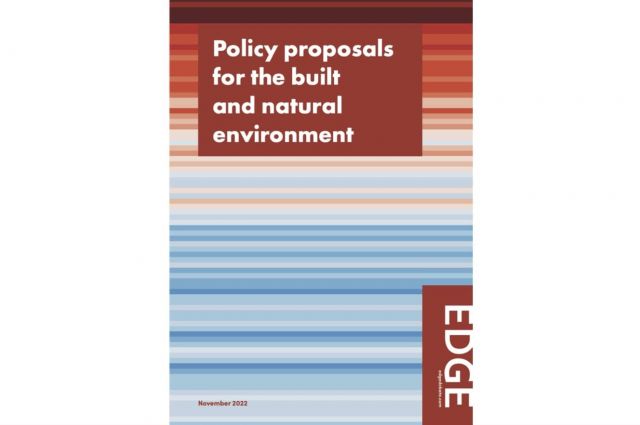
A wide, coordinated set of policy proposals for built environment is launched for tackling global warming and biodiversity.

Read this vital series of essays providing multiple perspectives on expected and needed outcomes from COP27.

Andrew Rabeneck reflects on the recent passing of Richard Bender, dean emeritus of the College of Environmental Design, University of California Berkeley

SPECIAL ISSUE LAUNCH: A panel discussion explores future policies, design, technologies and behaviour

Michael Davies (University College London) reflects on the recent passing of Paul Wilkinson, a world-renowned environmental epidemiologist.
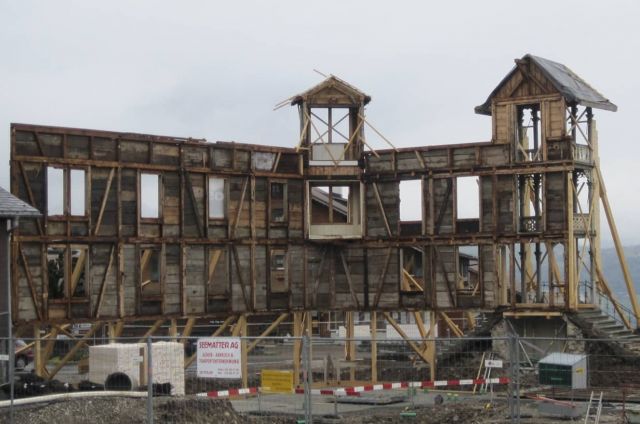
The 80th LCA (life cycle assessment) Forum held on 9 June 2022 considered key issues in research and legislation for how carbon storage in buildings should be accounted for.

Jim Meikle reflects on the recent passing of Pat Hillebrandt, whose professional life helped to establish the discipline of construction economics by researching the construction industry, its institutions and firms.
Latest Peer-Reviewed Journal Content
Generative AI: reconfiguring supervision and doctoral research
P Boyd & D Harding
Exploring interactions between shading and view using visual difference prediction
S Wasilewski & M Andersen
How urban green infrastructure contributes to carbon neutrality [briefing note]
R Hautamäki, L Kulmala, M Ariluoma & L Järvi
Implementing and operating net zero buildings in South Africa
R Terblanche, C May & J Steward
Quantifying inter-dwelling air exchanges during fan pressurisation tests
D Glew, F Thomas, D Miles-Shenton & J Parker
Western Asian and Northern African residential building stocks: archetype analysis
S Akin, A Eghbali, C Nwagwu & E Hertwich
Lanes, clusters, sightlines: modelling patient flow in medical clinics
K Sailer, M Utley, R Pachilova, A T Z Fouad, X Li, H Jayaram & P J Foster
Analysing cold-climate urban heat islands using personal weather station data
J Taylor, C H Simpson, J Vanhatalo, H Sohail, O Brousse, & C Heaviside
Are simple models for natural ventilation suitable for shelter design?
A Conzatti, D Fosas de Pando, B Chater & D Coley
Impact of roofing materials on school temperatures in tropical Africa
E F Amankwaa, B M Roberts, P Mensah & K V Gough
Acceptability of sufficiency consumption policies by Finnish households
E Nuorivaara & S Ahvenharju
Key factors for revitalising heritage buildings through adaptive reuse
É Savoie, J P Sapinski & A-M Laroche
Cooler streets for a cycleable city: assessing policy alignment
C Tang & J Bush
Understanding the embodied carbon credentials of modern methods of construction
R O'Hegarty, A McCarthy, J O'Hagan, T Thanapornpakornsin, S Raffoul & O Kinnane
The changing typology of urban apartment buildings in Aurinkolahti
S Meriläinen & A Tervo
Embodied climate impacts in urban development: a neighbourhood case study
S Sjökvist, N Francart, M Balouktsi & H Birgisdottir
Environmental effects of urban wind energy harvesting: a review
I Tsionas, M laguno-Munitxa & A Stephan
Office environment and employee differences by company health management certification
S Arata, M Sugiuchi, T Ikaga, Y Shiraishi, T Hayashi, S Ando & S Kawakubo
Spatiotemporal evaluation of embodied carbon in urban residential development
I Talvitie, A Amiri & S Junnila
Energy sufficiency in buildings and cities: current research, future directions [editorial]
M Sahakian, T Fawcett & S Darby
Sufficiency, consumption patterns and limits: a survey of French households
J Bouillet & C Grandclément
Health inequalities and indoor environments: research challenges and priorities [editorial]
M Ucci & A Mavrogianni
Operationalising energy sufficiency for low-carbon built environments in urbanising India
A B Lall & G Sethi
Promoting practices of sufficiency: reprogramming resource-intensive material arrangements
T H Christensen, L K Aagaard, A K Juvik, C Samson & K Gram-Hanssen
Structural barriers to sufficiency: the contribution of research on elites
M Koch, K Emilsson, J Lee & H Johansson
Disrupting the imaginaries of urban action to deliver just adaptation [editorial]
V Castán-Broto, M Olazabal & G Ziervogel
Nature for resilience reconfigured: global- to-local translation of frames in Africa
K Rochell, H Bulkeley & H Runhaar
How hegemonic discourses of sustainability influence urban climate action
V Castán Broto, L Westman & P Huang
Fabric first: is it still the right approach?
N Eyre, T Fawcett, M Topouzi, G Killip, T Oreszczyn, K Jenkinson & J Rosenow
Social value of the built environment [editorial]
F Samuel & K Watson
Understanding demolition [editorial]
S Huuhka
Data politics in the built environment [editorial]
A Karvonen & T Hargreaves

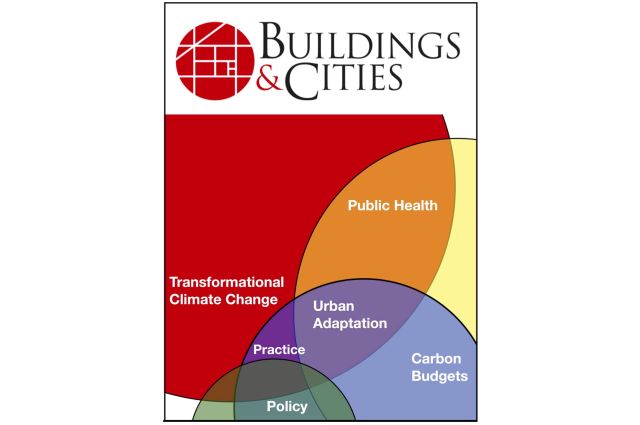
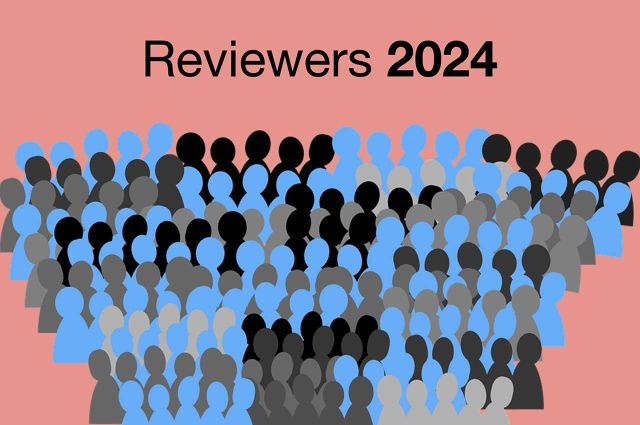




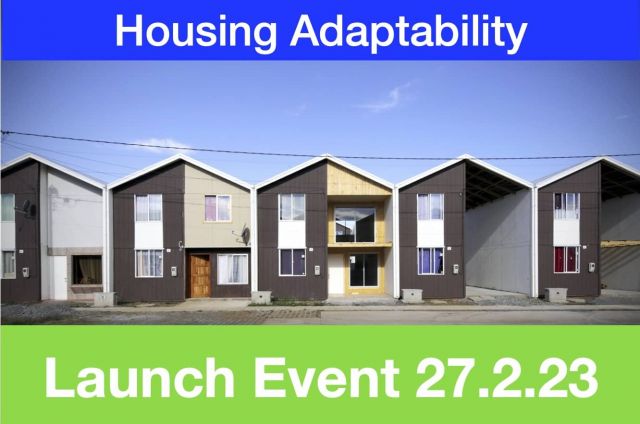




Latest Commentaries
Will NDC 3.0 Drive a Buildings Breakthrough?
To achieve net zero GHG emissions by mid-century (the Breakthrough Agenda) it is vital to establish explicit sector-specific roadmaps and targets. With an eye to the forthcoming COP30 in Brazil and based on work in the IEA EBC Annex 89, Thomas Lützkendorf, Greg Foliente and Alexander Passer argue why specific goals and measures for building, construction and real estate are needed in the forthcoming round of Nationally Determined Contributions (NDC 3.0).
Self-Organised Knowledge Space as a Living Lab
While Living Labs are often framed as structured, institutionalised spaces for innovation, Sadia Sharmin (Habitat Forum Berlin) reinterprets the concept through the lens of grassroots urban practices. She argues that self-organised knowledge spaces can function as Living Labs by fostering situated learning, collective agency, and community resilience. The example of a Living Lab in Bangladesh provides a model pathway to civic participation and spatial justice.